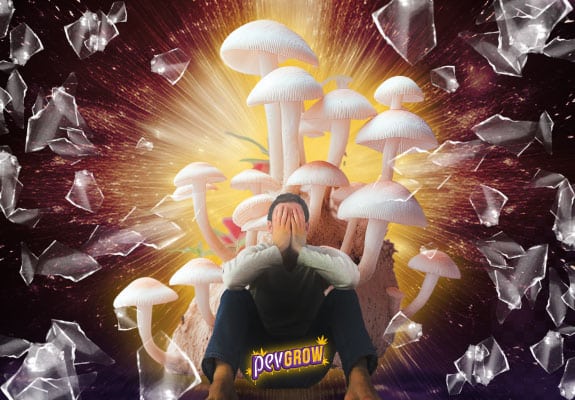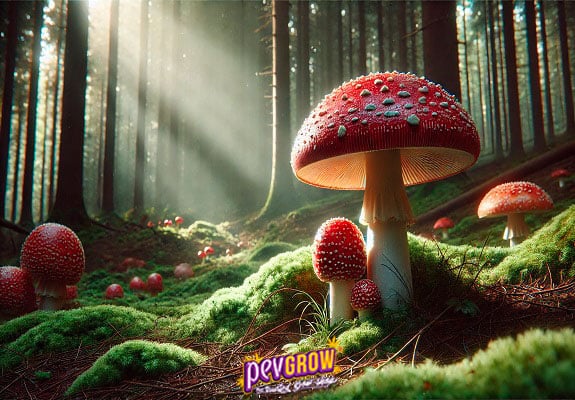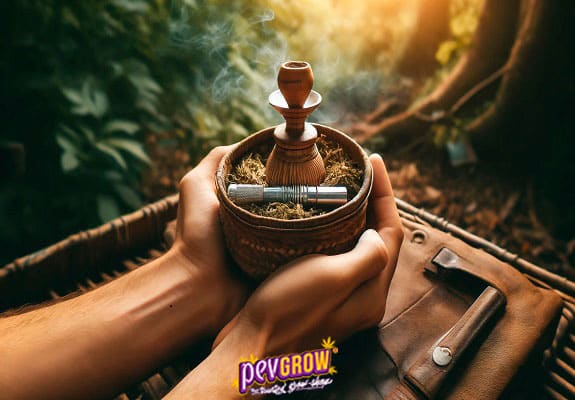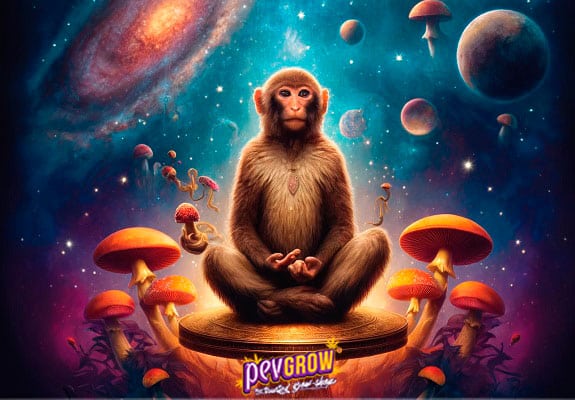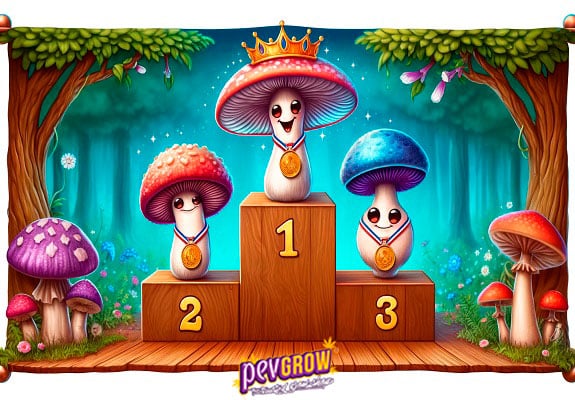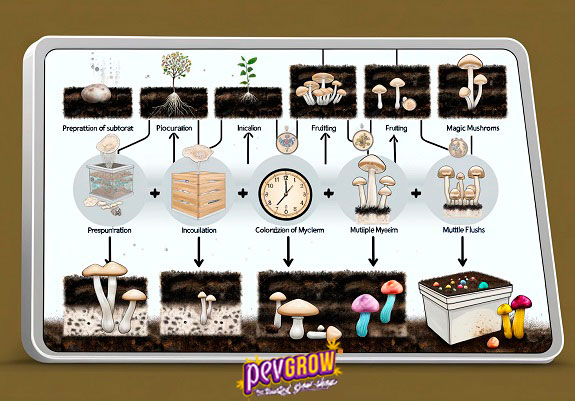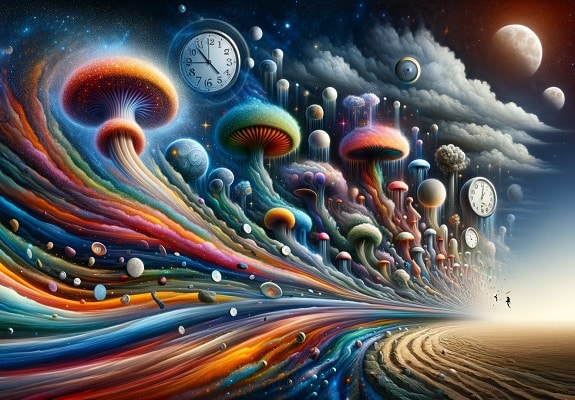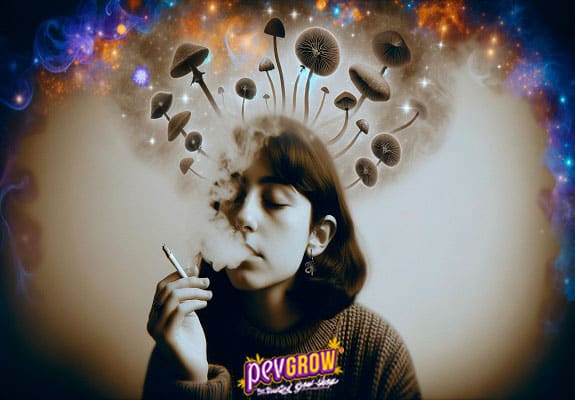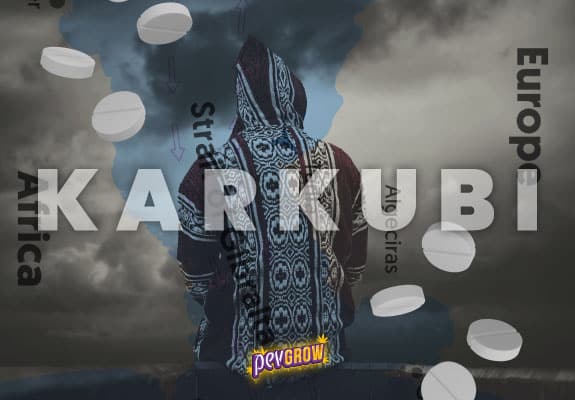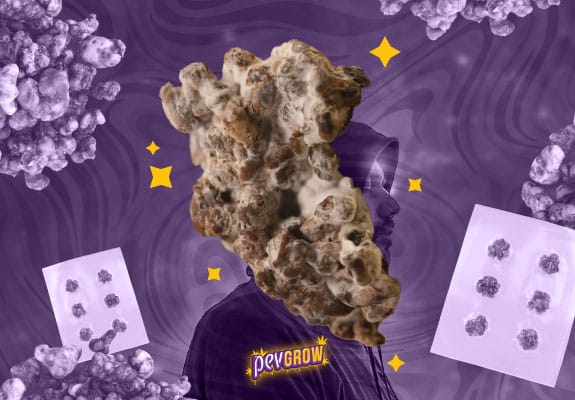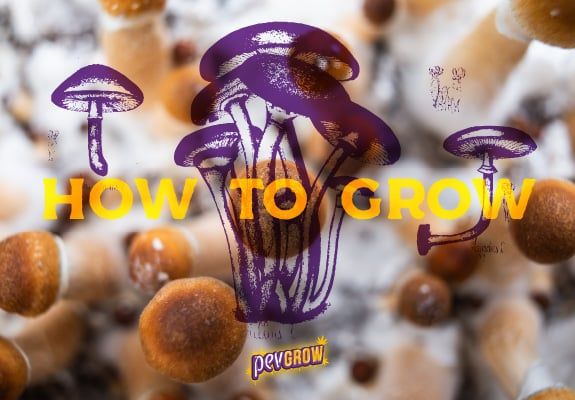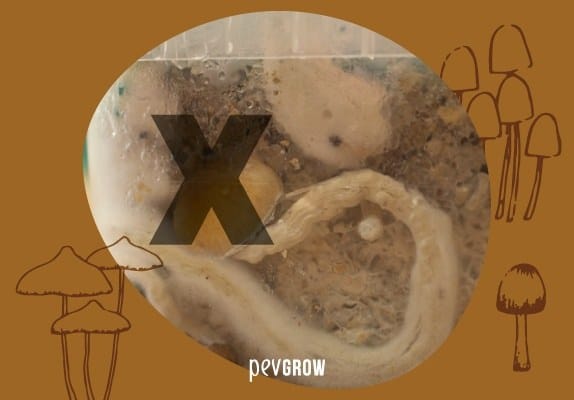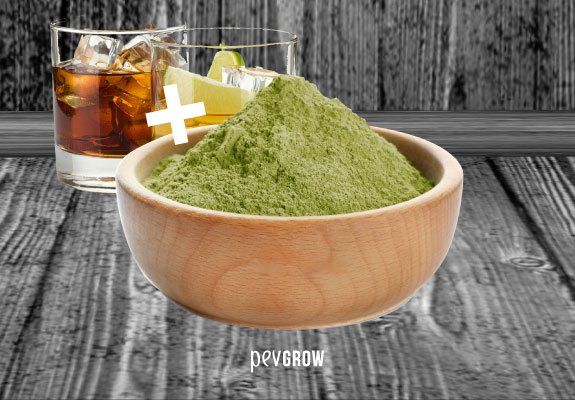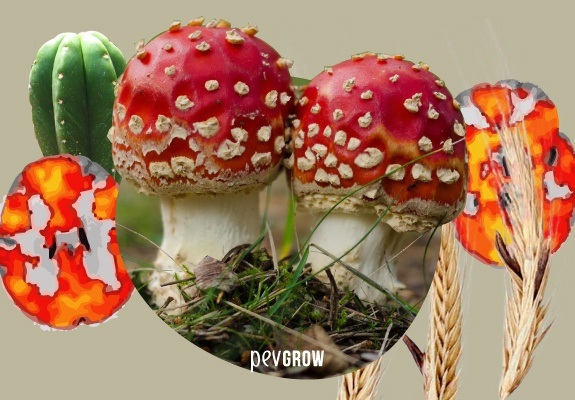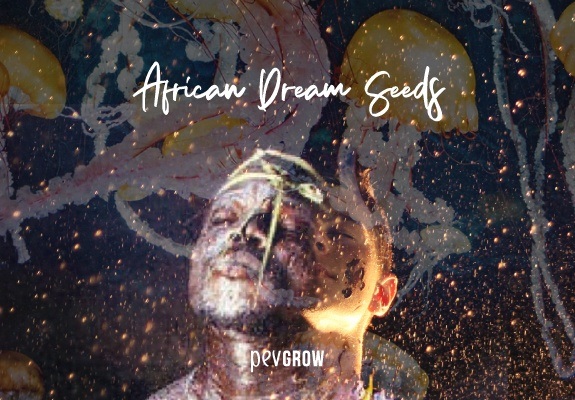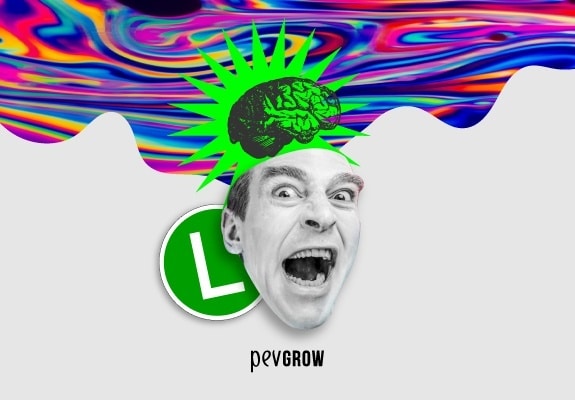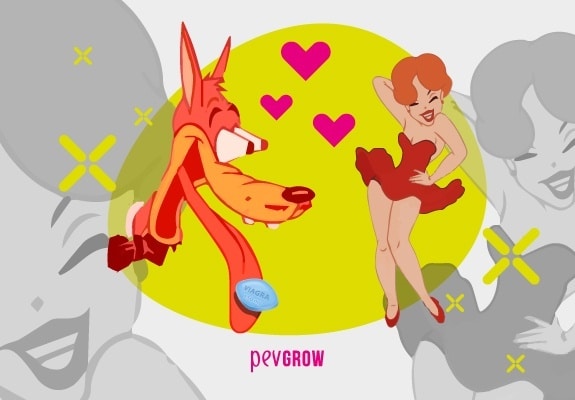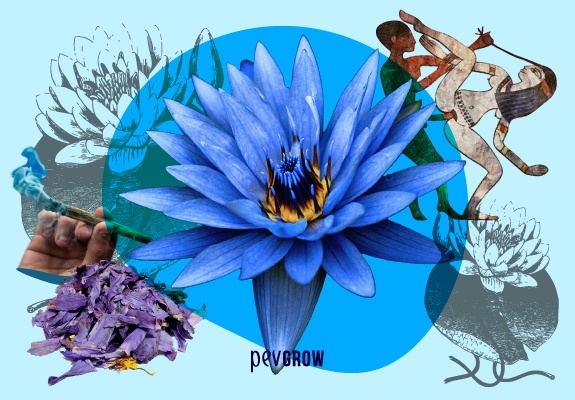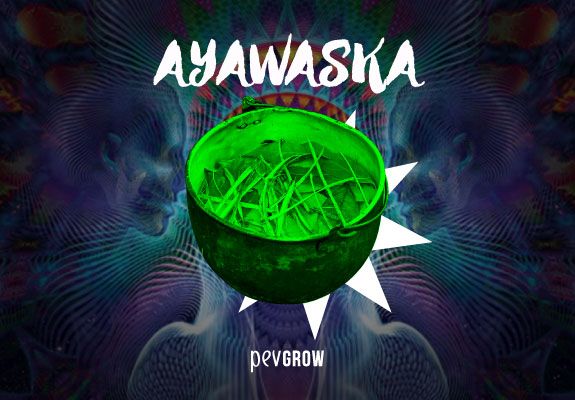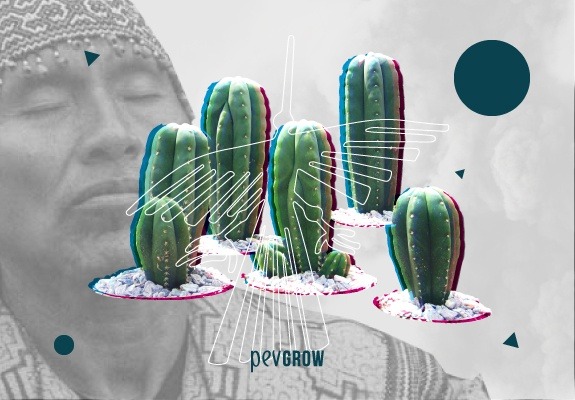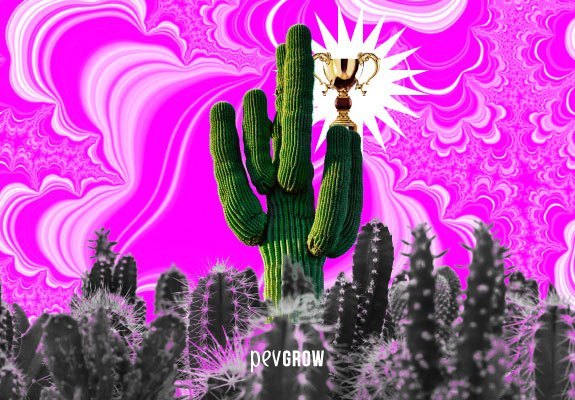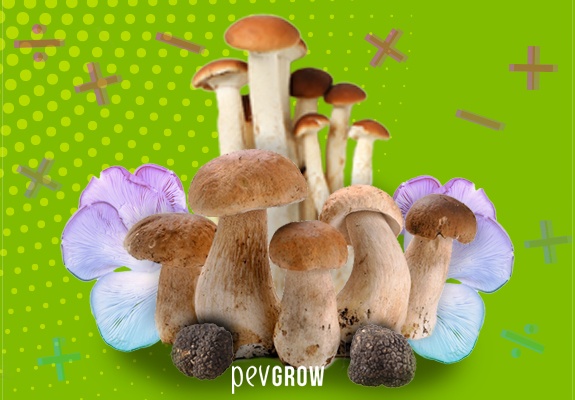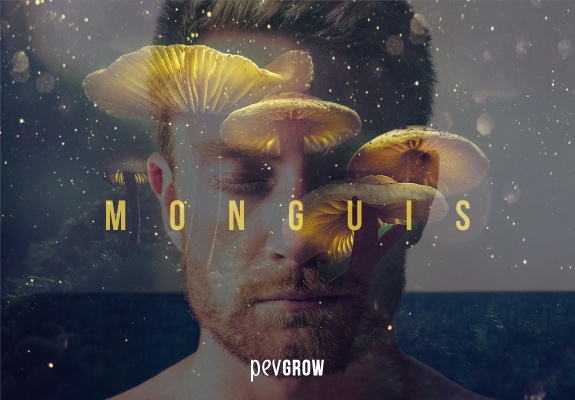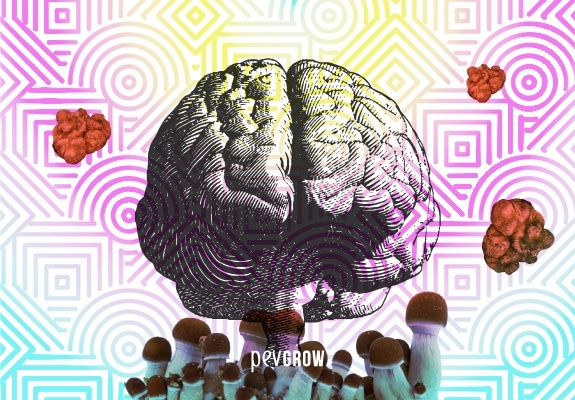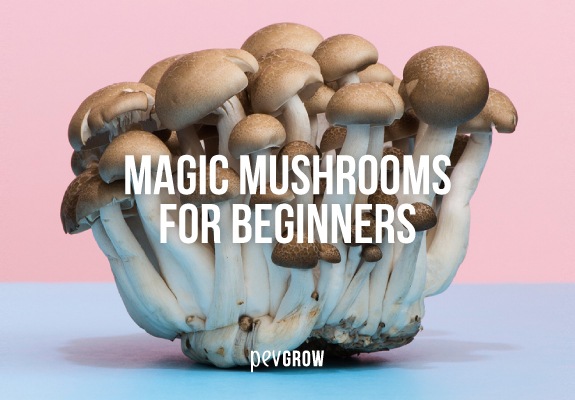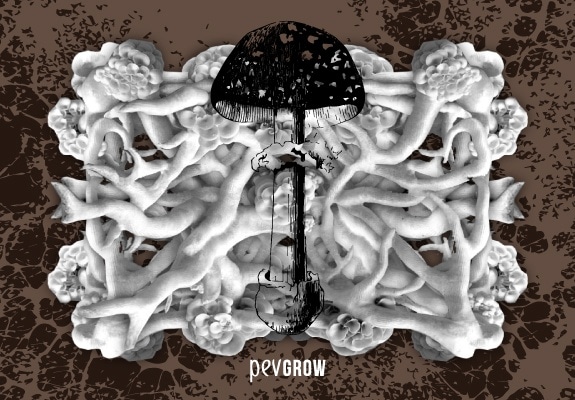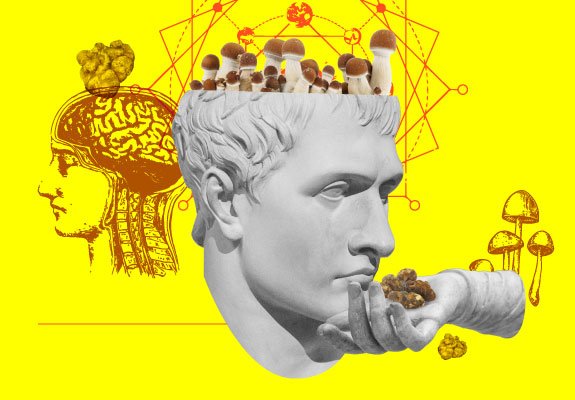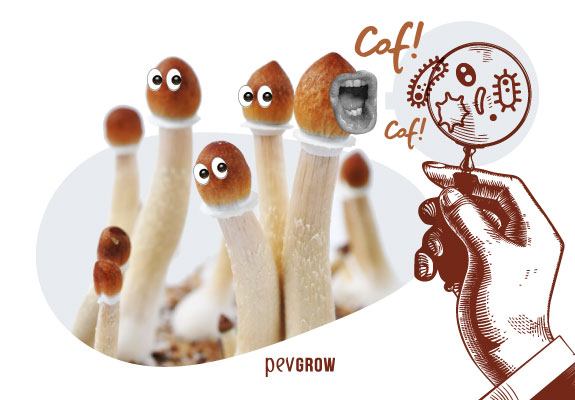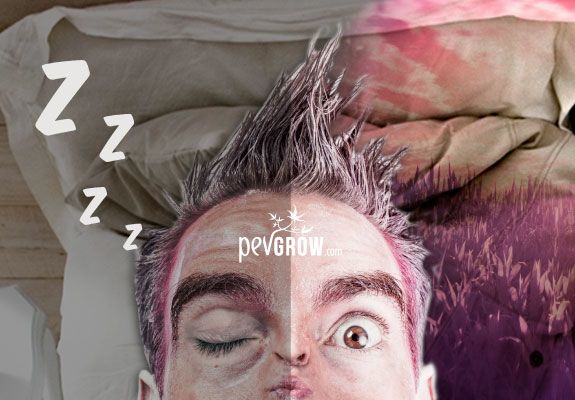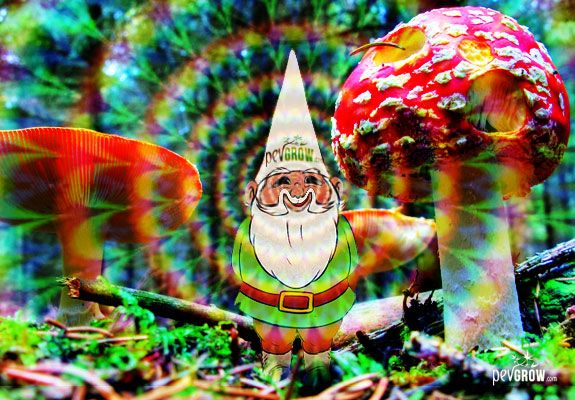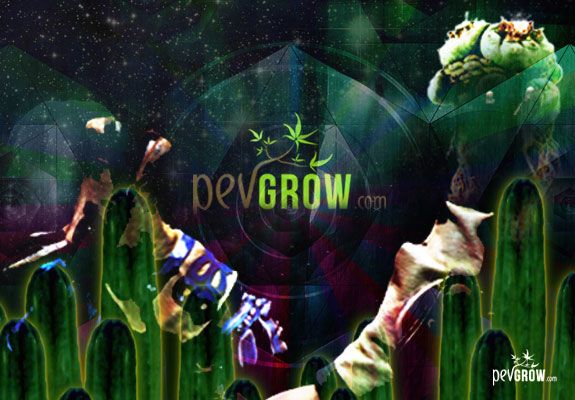Psilocybin
Welcome to the Psilocybin category of Pevgrow, your favorite cannabis blog and ultimate source to discover everything about magic mushrooms and their main active compound, psilocybin. Here you will find a wide range of articles that will guide you through the fascinating aspects of these mushrooms, from their cultivation and strains to their effects and responsible use.
What is Psilocybin?
Psilocybin is a natural psychoactive compound found in over 200 species of mushrooms. Known for its ability to alter perception, emotion, and thought, psilocybin has been used in both ancestral rituals and modern scientific research. In our articles, we break down the science behind psilocybin and how it interacts with the human brain.
Where is Psilocybin Found?
Psilocybin is a psychoactive compound found in over 200 species of mushrooms, commonly known as magic mushrooms. These mushrooms primarily belong to the genera Psilocybe, Panaeolus, Gymnopilus, and Copelandia, and you should know that there are more than 50 varieties of magic mushrooms with different psilocybin content. Magic mushrooms are recognized for their hallucinogenic effects and have been used in various cultures for their spiritual and therapeutic properties. They can be found in regions around the world, growing in humid and temperate climates, often in soils rich in organic matter or manure. They can be found in the form of mushrooms or as magic truffles, which are sclerotia of the mushroom that do not fruit.
Effects of Psilocybin
When ingested and metabolized into psilocin, psilocybin affects serotonin receptors in the brain, leading to a variety of psychoactive effects. The effects of psilocybin can vary significantly depending on the dose, environment, and psychological predisposition of the individual. Below are the most common effects:
- Visual and Auditory Hallucinations: Psilocybin can cause changes in visual and auditory perception, such as seeing brighter colors, geometric patterns, or hearing distorted sounds.
- Alteration of Time Perception: Users often experience a distortion of time, feeling as if it speeds up or slows down.
- Emotional Changes: Psilocybin can intensify emotions, leading to feelings of euphoria and deep connection or anxiety and fear, depending on the context and prior mental state.
- Spiritual and Mystical Experiences: Many people report transcendent experiences, such as a sense of unity with the universe or a deep spiritual connection.
- Cognitive Alterations: Changes in thought patterns can occur, with more fluid and creative thinking, but it may also hinder concentration on linear tasks.
- Feeling of Well-Being and Connection: Users often report feeling more connected to people and their environment, as well as a greater appreciation for life.
- Physical Effects: These may include nausea, dizziness, dilated pupils, and a slight increase in heart rate.
It is important to note that the effects of psilocybin are highly subjective and can vary considerably between individuals. The experience can be influenced by the “set” (mental state and expectations) and the “setting” (physical and social environment). Due to these variable effects, it is crucial that the use of psilocybin is done responsibly and preferably in a controlled environment.
Cultivation and Dosage
For those interested in growing their own magic mushrooms, we offer practical guides and expert advice. Learn all about the cultivation process, from selecting the right substrate to harvesting. Additionally, discover the importance of accurately measuring psilocybin doses from magic mushrooms, and how to adjust quantities for different types of experiences, whether microdosing or deep trips.
Therapeutic Uses and Safety
Psilocybin is not just a tool for personal exploration; it is also emerging as a promising therapeutic option. In this section, we discuss advances in research on the use of psilocybin to treat conditions such as depression, PTSD, and addictions. Additionally, we provide safe consumption guidelines to ensure a positive and respectful experience.
Psilocybin Therapies and Treatments
Psilocybin therapy is emerging as a promising approach to treating a variety of mental and emotional disorders. Unlike traditional treatments, psilocybin-assisted therapy combines the controlled use of this psychoactive compound with supportive psychological sessions. This approach is based on psilocybin’s ability to induce altered states of consciousness, which can facilitate introspection, trauma resolution, and modification of thought patterns.
Treated Disorders
- Treatment-Resistant Depression: Psilocybin has shown efficacy in treating major depression, especially in cases where patients have not responded to other treatments. Studies have demonstrated that one or two sessions with psilocybin can significantly reduce depression symptoms for several months.
- Post-Traumatic Stress Disorder (PTSD): Psilocybin therapy can help patients with PTSD process and release emotional traumas by reducing activity in brain areas associated with fear and anxiety.
- Existential Anxiety in Terminally Ill Patients: Patients with terminal illnesses have found relief from anxiety and fear of death through spiritual and transcendent experiences induced by psilocybin.
- Addictions: The effects of psilocybin on treating addictions to substances such as alcohol and nicotine are being researched. Preliminary studies suggest it may help break addiction cycles by facilitating a renewed perspective and greater motivation for change.
Mechanism of Action
Psilocybin primarily works by modulating serotonin receptors in the brain, especially the 5-HT2A receptor. This interaction alters neuronal activity, promoting new connections and thought patterns, and may lead to a reduction in activity in the default mode network (responsible for self-referential thinking and rumination), thus facilitating greater mental and emotional flexibility.
Therapeutic Process
- Preparation: Before the psilocybin session, patients prepare with a therapist to establish goals and expectations and to address any concerns.
- Psilocybin Session: During the session, a controlled dose of psilocybin is administered in a safe and comfortable environment, with the support of one or more therapists. The environment is crucial to ensure a positive and manageable experience.
- Integration: After the experience, integration sessions are held where the patient discusses their experiences and learns to apply them in their daily life. This stage is essential to maximize therapeutic benefits and address any difficult experiences that may have arisen.
Microdosing
Microdosing psilocybin involves taking very small doses of the compound, typically between one-tenth and one-twentieth of a recreational dose. This practice has gained popularity for its reported benefits, such as improvements in mood, creativity, concentration, and reduction of anxiety. Unlike a full dose, a microdose does not produce perceptible hallucinogenic effects, allowing individuals to continue their daily activities without interruptions.
Many people use microdoses of psilocybin as a tool to enhance their mental and emotional well-being. However, while there is growing interest and anecdotal reports about its benefits, scientific research on the effects and safety of microdosing is still limited. As with any psychoactive substance, it is important to consider the risks and act with caution, especially since psilocybin is illegal in many jurisdictions.
Legal Status and Future of Research
Although psilocybin remains a controlled substance in many countries, research and clinical trials are advancing, which could lead to its legalization for therapeutic use in the near future. Institutions such as Johns Hopkins University and Imperial College London are leading research that demonstrates its safety and efficacy.
Dive into the rich cultural history of magic mushrooms and their impact on various civilizations. Also, stay informed about the current legal landscape and movements towards decriminalization and regulated use of psilocybin. The psilocybin revolution has arrived, and Pevgrow is here to tell you all about it.

